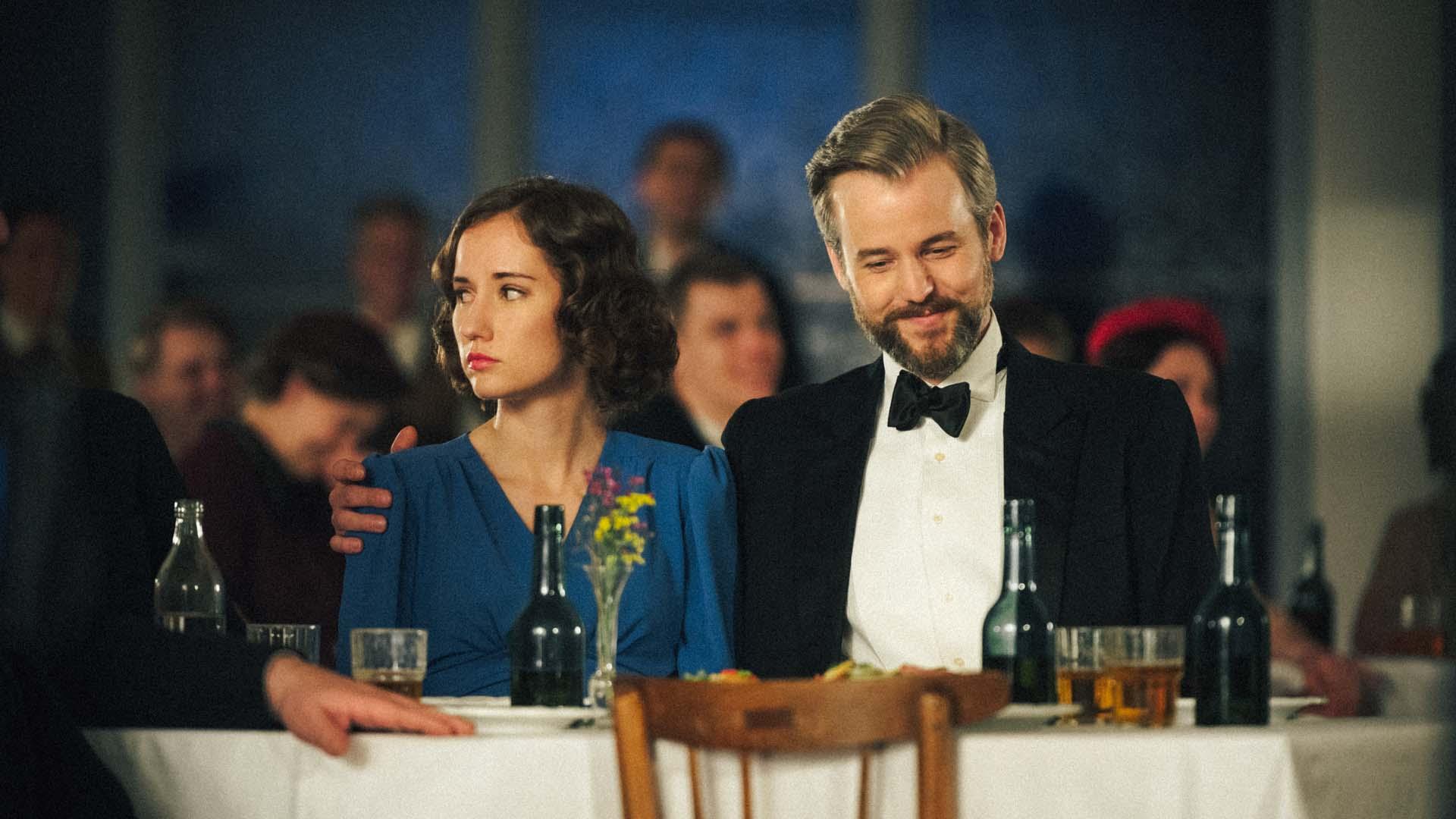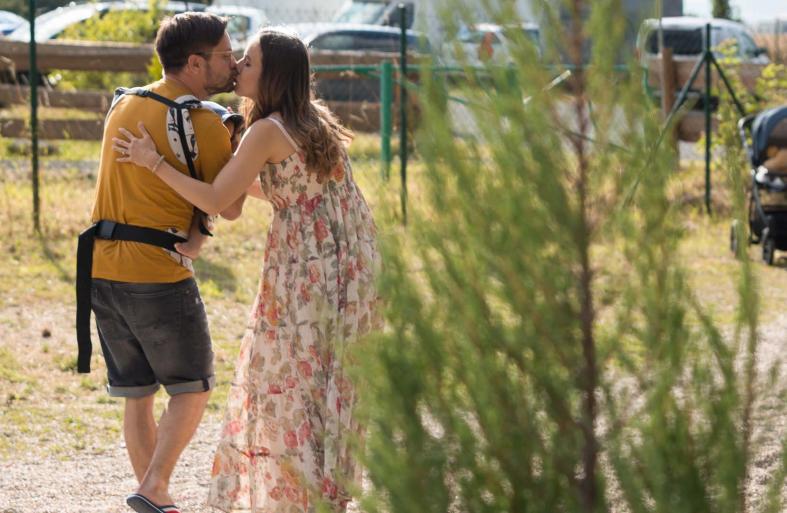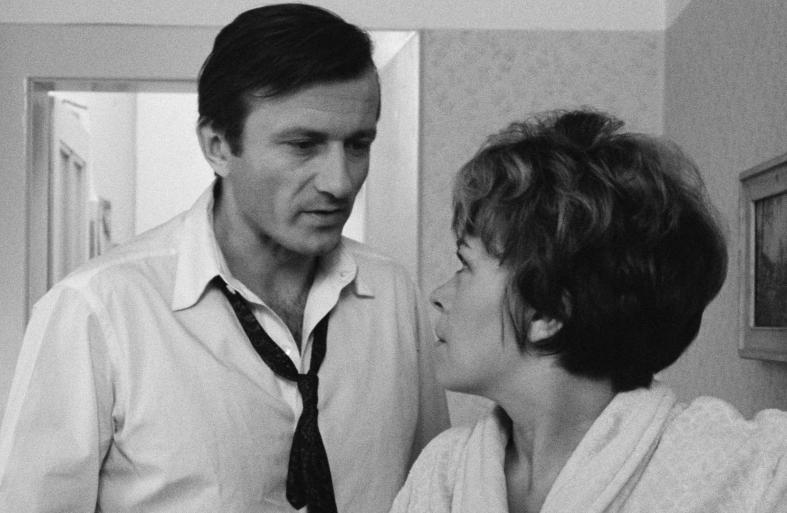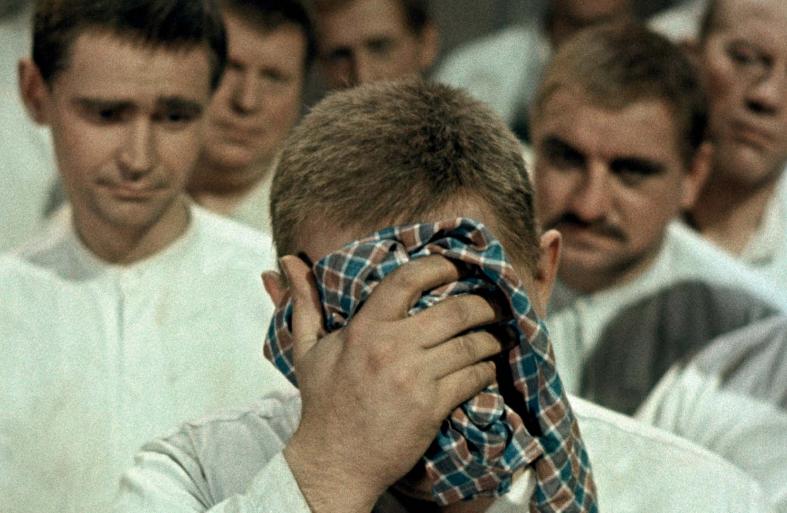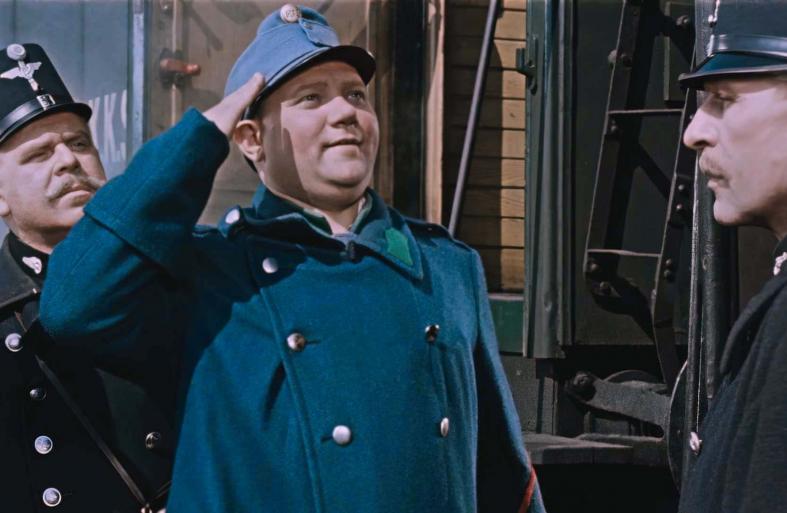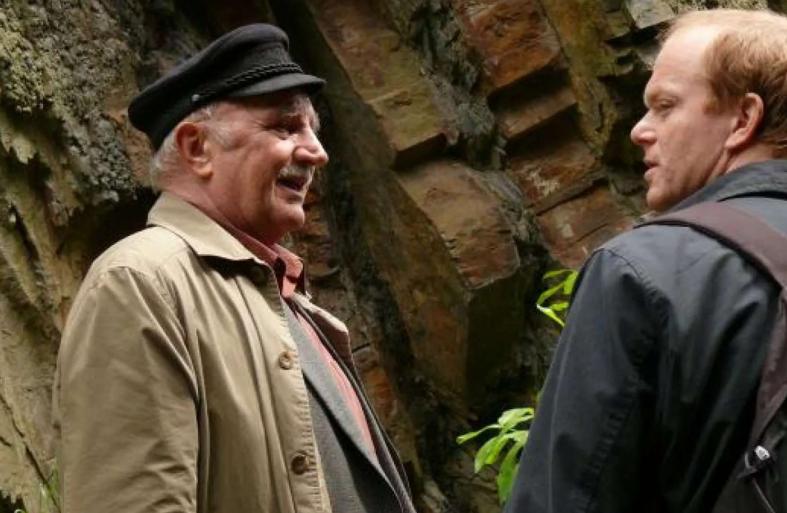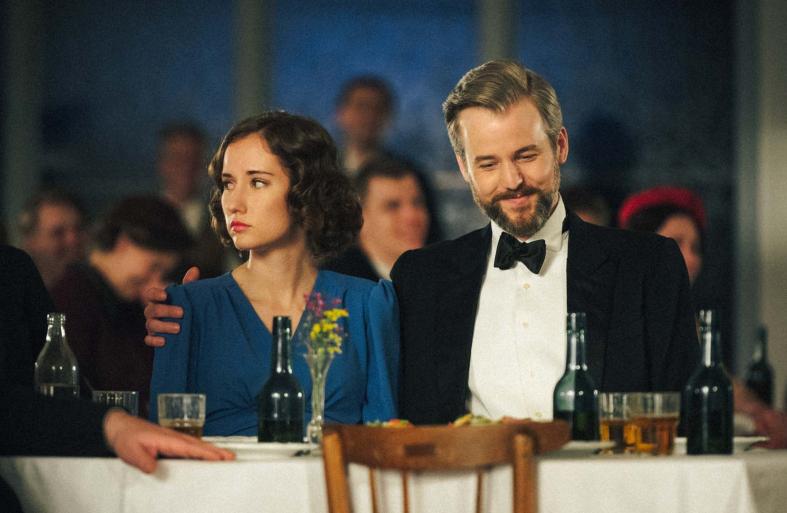The annual Czech Film Week Festival will také place in August 2024 in cinematheques across Israel. The festival will run from August 21st and, as usual, will offer a wide selection of Czech movies from the 1950s to the present day. The central theme of this year's selection is family. Selected films explore how roles within families are evolving in modern times, the complexities of parent-child relationships, and even how totalitarian regimes interfere with family dynamics.
The main feature of this year's festival is the movie We Have Never Been Modern (2023). This mysterious detective story set in the 1930s revolves around the discovery of an infant's body on a factory premises. Despite the involvement of the secret police in solving the case, the only one really attempting to unravel this unsettling mystery is the pregnant wife of the new factory director. The film is set against the backdrop of the beautiful Slovak Tatra Mountains.
Another featured film is the conversational comedy Of Parents and Children (2007). At first glance, the film's plot seems trivial: a middle-aged son takes a walk with his aging father. Against the backdrop of their brilliantly written dialogue unfolds forty years of their difficult coexistence, family grievances and humorous situations, as well as the dramatic and often absurd history of the 20th century. The film is based on the book of the same name by prominent contemporary Czech writer Emil Hakl.
Diary of a Modern Dad (2021) is a family comedy that deals with the challenges faced by a young husband who is thrown into fatherhood during an unexpected parental leave. After quickly sobering up from his initial naive idea that he would finally have time to write his long-planned book, the father realizes that caring for his newborn son will require his utmost effort and ingenuity. However, it also allows him to understand the strength of the bond between parent and child.
The lineup also includes the legendary 1960s drama The Ear (1969). At the time of its creation, the film was not released due to Communist censorship, and Czech audiences had the opportunity to see it for the first time only after the Velvet Revolution twenty years later. The story of this chamber drama revolves around a deputy minister who, returning from a social gathering, becomes increasingly convinced that he is being eavesdropped on by the secret police in his own home. He subsequently discusses his prospects with his wife, analyzes what problematic things he might have said, and succumbs to increasing paranoia.
This year’s selection also includes both parts of the famous saga about the soldier Schweik. The first part, The Good Soldier Schweik (1956), was screened at the festival last year. Due to the subsequent interest from our audience requesting us to screen the sequel, we have decided to include not only the second part, I Dutifully Report (1957), but also the first part again this year. Audiences will thus have the opportunity to watch both parts consecutively and enjoy the crazy adventures of Josef Schweik during his journey through the Austro-Hungarian army during World War I.




